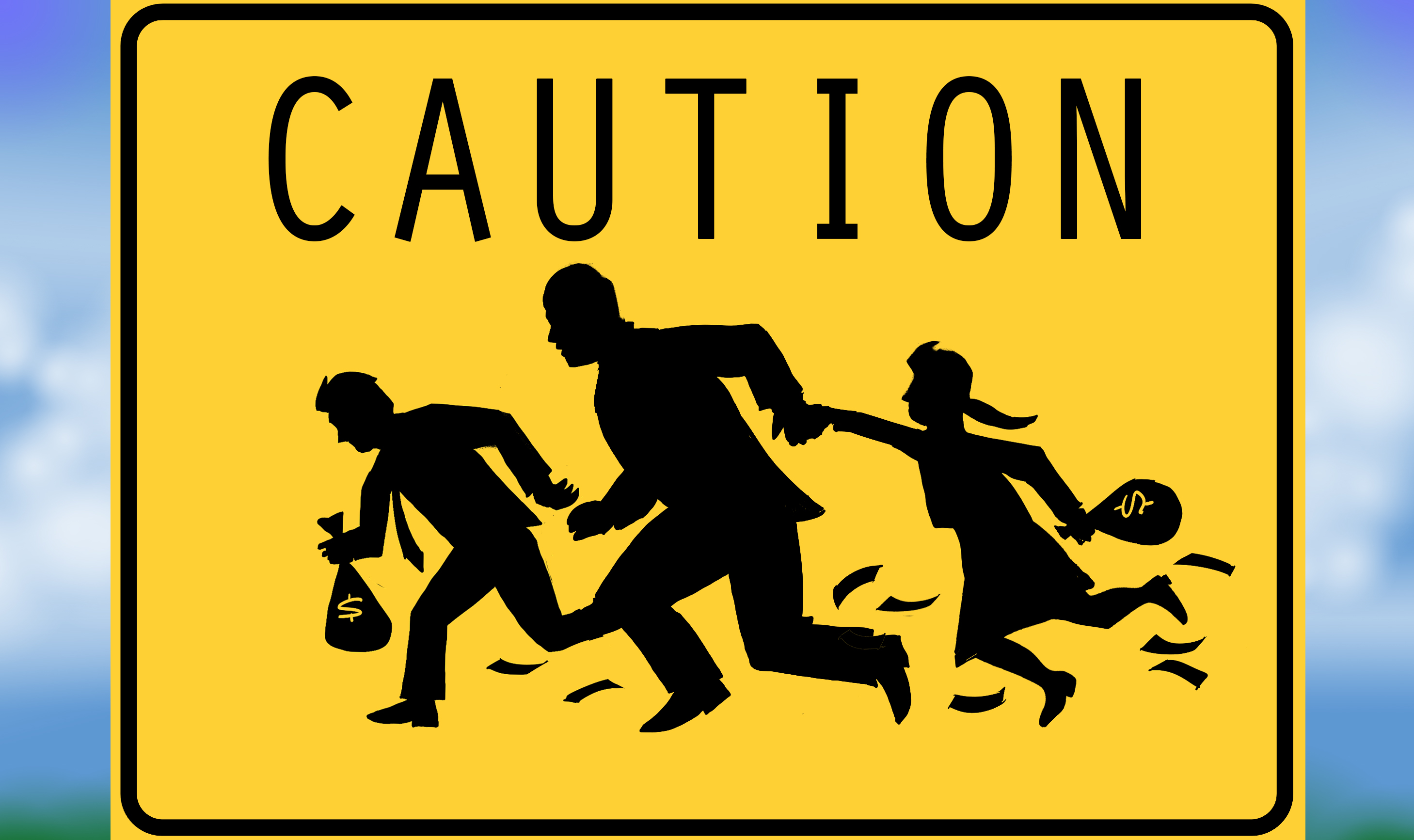 I spent the fall in Israel as part of a semester-long international relations program far removed from my hometown of Carbondale. On the plane ride back to America I made a list of goals for my last semester of college. I figured as a “retired” editor-in-chief, I’d return to the Daily Egyptian to help out where needed, copy-edit and work on some investigations. I had no idea what those investigations might be. I certainly didn’t know that less than a month later the story about the chancellor would break, or that I would be the one to break it.
I spent the fall in Israel as part of a semester-long international relations program far removed from my hometown of Carbondale. On the plane ride back to America I made a list of goals for my last semester of college. I figured as a “retired” editor-in-chief, I’d return to the Daily Egyptian to help out where needed, copy-edit and work on some investigations. I had no idea what those investigations might be. I certainly didn’t know that less than a month later the story about the chancellor would break, or that I would be the one to break it.
I was still catching up on all I’d missed while abroad when someone tipped off the DE about the hiring of the chancellor’s daughter and son-in-law. This shows how important a role the community plays in our news coverage, especially now: Enrollment at SIU is the lowest it’s been since 1965, and the effects of this drop in students is reflected in the hit the number of DE staff has also taken over the years.
The reach of the first chancellor piece, published in late January, was felt more across campus than any other I remember being published during my time at SIU. The week after the initial story came out, my email inbox was overflowing and the newsroom phone was demanding much more attention than usual. The 36-hour-turnaround in the launching of an ethics investigation by the university’s president was also one of those semi-rare occasions where tangible influence of a story is evident almost immediately.
I’ve been at the DE for three years now. After having spent a year in an editing role, along with a summer as an intern at the Peoria Journal Star and a summer with the Pittsburgh Post-Gazette, my approach to being a reporter for the Daily Egyptian hasn’t changed, but my values have strengthened. Though the DE is where I first learned how to be a student reporter, it is also a real job with real influence on the community and people’s lives. And that can be a heavy burden to bare as a new reporter. That was something I kept in mind constantly while working on this story and aiming to make it as fair and balanced as possible. This experience in particular taught me to be unrelenting in chasing a story, especially one of this caliber.
Just as many unnamed individuals went into this story as named. This was the first time in my career I’ve dealt with so many off-the-record sources, and it was a challenge at times. At one point I felt like I hit a roadblock because I hardly had anyone on the record. Though this was frustrating at times, especially when running up against a very tight deadline, it was an important experience for me in protecting sources in a situation where some individuals were fearful their career may in some way be jeopardized if they made their comments public. And in the end, these unnamed individuals were just as important to the story as those who went on the record.
I don’t think I’ve ever agonized over fact-checking a story so many times in my life. As my reporting got underway I really started to realize what influence this story might have, making it all the more important to be painstakingly thorough and accurate. Though I believe I accomplished that goal based on the responses I have and haven’t gotten, it was still so difficult to go to sleep the night the story was first published online and was set to come out in print the next morning because there’s always that fear that a puzzle piece was missed.
I’ve been asked dozens of times about any fallout that came after the stories, and there truly hasn’t been any on my end. When asked a few weeks ago to give advice to college newspaper reporters for a blog run by a journalism professor and college media advisor in Wisconsin, my response reflected the aspects of reporting this story reinforced for me. I relayed that even though student newspapers are run by a handful of “kids” taking full course loads who likely don’t yet have degrees, I reminded my peers that this isn’t an excuse to put in less efforts or make mistakes. What student journalists report and write has real effects on real people and policies and decisions, and that should be more than enough reason to approach the responsibility of being a reporter not only professionally, but with integrity and honesty and the understanding that what we write is a crucial component of our communities.
Anna Spoerre is a senior from Carterville studying journalism with focuses in news-editorial and photojournalism. After graduating Southern Illinois University Carbondale in May, she is heading west to intern at the Oregonian before returning to Illinois in the fall to intern with the Chicago Tribune’s breaking news desk.